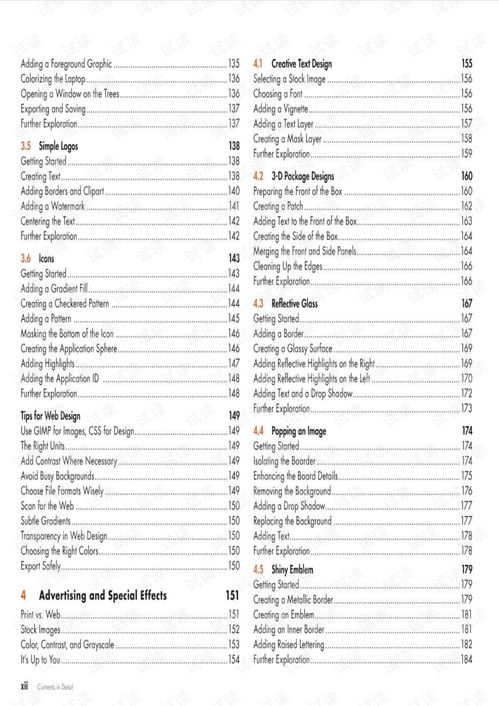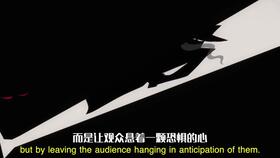Content:
Fishing, an age-old pastime that has been cherished by many for its tranquility and the thrill of the catch, requires more than just patience. To truly excel in this sport, one must develop a strong foundation of fishing basics and techniques. Whether you are a beginner or an experienced angler looking to refine your skills, here are some essential tips on how to练好钓鱼基本功技巧 (liàn hǎo diào yú gōng běn jì qiǎo).
- Understand the Basics of Fishing Equipment
Before you can start fishing effectively, it is crucial to familiarize yourself with the various types of fishing equipment available. This includes rods, reels, lines, hooks, lures, and bait. Each piece of equipment serves a specific purpose, and understanding how they work together is the first step towards mastering the art of fishing.
Rod and Reel: The rod is your primary tool for casting and reeling in fish. Choose a rod that matches the type of fishing you plan to do and the size of the fish you are targeting. The reel is used to store the line and control the casting and retrieval process.
Line: The line is the medium through which you will present your bait or lure to the fish. There are different types of lines, such as monofilament, fluorocarbon, and braided lines, each with its own strengths and weaknesses.
Hooks: Hooks are used to catch fish. They come in various sizes and shapes, and selecting the right hook for your bait and the fish you're targeting is essential.
Lures and Bait: Lures are artificial imitations of natural prey, while bait is real food that attracts fish. Knowing how to use each effectively can significantly improve your chances of success.
- Learn the Art of Casting
Casting is the process of throwing your lure or bait into the water. A good cast can cover more water, reach fish that are out of reach, and reduce the amount of line that lands on the water, which can spook fish.
Practice: Casting is a skill that requires practice. Spend time casting in an open area until you can do it with precision and control.
Technique: There are various casting techniques, such as the overhead cast, sidearm cast, and roll cast. Each has its advantages and is suitable for different situations.
Line Management: Pay attention to how you manage your line during the cast. Too much line can cause your lure to land with a splash, while too little can result in an incomplete cast.
- Mastering the Art of Baiting and Lure Presentation
The way you present your bait or lure to the fish can make or break your fishing experience. Here are some tips to improve your presentation:

Natural Movement: Whether you're using live bait or artificial lures, mimic the natural movement of the prey you're trying to imitate. This can be achieved by varying the speed and direction of your retrieve.
Patience: Allow your bait or lure to sink to the desired depth before starting your retrieve. This gives the fish time to discover and investigate your offering.
Adjustments: Be prepared to make adjustments based on the behavior of the fish. If they're not biting, try changing the color, size, or type of lure or bait.
- Reading the Water
Understanding the behavior of fish and the characteristics of the water they inhabit is key to successful fishing.
Observe: Look for signs of fish activity, such as splashes, bubbles, or fish rising to the surface.
Structure: Pay attention to underwater structures like rocks, logs, and weed beds, as these can be prime spots for fish to hide and feed.
Currents: Understand the flow of water and how it affects your bait or lure. Currents can carry your offering to fish or away from them.
- Conservation and Ethical Fishing
Finally, it's important to practice conservation and ethical fishing. This means releasing fish that are not of legal size or that you do not intend to keep, using environmentally friendly bait and lures, and respecting the natural habitat of the fish.
In conclusion, to练好钓鱼基本功技巧 (liàn hǎo diào yú gōng běn jì qiǎo), you must invest time in understanding your equipment, mastering casting techniques, perfecting your baiting and lure presentation, reading the water, and practicing ethical fishing. With dedication and practice, you will find that your fishing skills will improve, and your enjoyment of the sport will deepen. Happy fishing!












